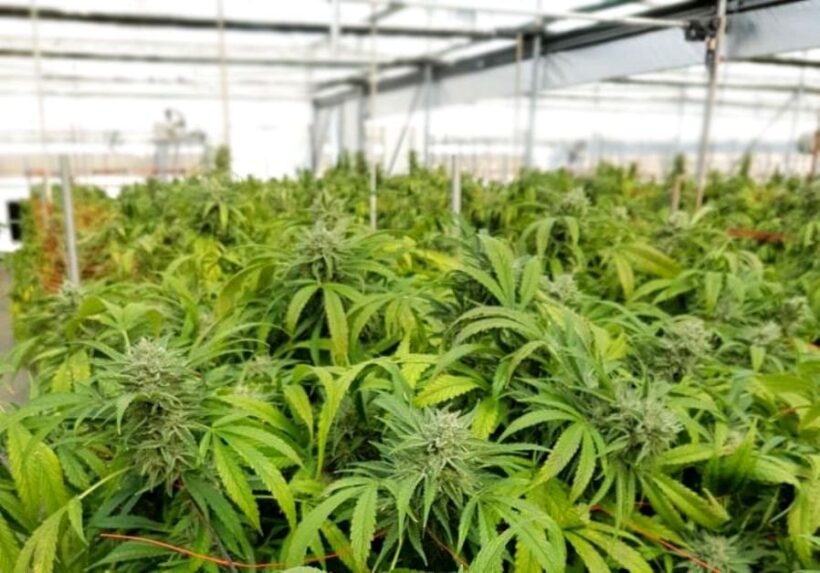A cannabis amnesty could be endorsed this week

New regulations that offers amnesty to those in possession of, or using, cannabis are expected this week. The update comes from the head of the Food and Drug Administration (FDA).
The FDA secretary-general Dr Tares Krassanairawiwong also maintains that the recent legalising of medical marijuana doesn’t cover recreational use or allow cultivation by individual growers.
He says the new laws now in force allow for limited cultivation of marijuana under the auspices of relevant authorities and with prior permission from the Narcotics Committee.
“The amended narcotics law does not permit unrestricted planting of cannabis.”
“The law clearly states that marijuana cultivation must be for medical purposes, so permission will not be given for planting it for other purposes or for smoking.”
He was responding to the Bhumjaithai Party’s campaign pledge to legalise the cultivation of marijuana and a plan by the Tobacco Authority of Thailand to help tobacco farmers switch to cannabis.
Yesterday he announced that the FDA would this week submit three draft ministerial regulations on cannabis possession amnesty for Public Health Minister Piyasakol Sakolsatayadorn to endorse. After the endorsement, he expected the new regulations to be announced in the Royal Gazette within this week before going into force.
The newly amended Narcotics Act came into effect on February 19 after passing through the National Legislative Assembly.
Later, the Narcotics Committee approved the three drafts in support of legalising medical marijuana.
The first draft offers amnesty to organisations and researchers in the fields of modern medicine and traditional Thai medicine, if they register within a given timeframe. The second draft offers amnesty to patients, while the third offers amnesty to all other users and possessors of cannabis.
The three ministerial regulations would exempt doctors, researchers, community enterprises, cancer patients and others who register with the FDA or with health offices from legal action for possession or cultivation of cannabis.
Dr Tares said people afflicted with cancer and certain other medical conditions will be able to use marijuana leaves and flowers in their treatment as recommended by a doctor, not just cannabis extracts or oil.
Practitioners of traditional medicine who want to use marijuana or its extracts to treat their patients must first pass a training course to be organised by the Medical Science Department.
SOURCE: The Nation
Latest Thailand News
Follow The Thaiger on Google News:
![Best weed shops in Khaosan Road, Bangkok [2025] | Thaiger](https://thethaiger.com/wp-content/uploads/2025/08/image1-220x150.jpg)

























